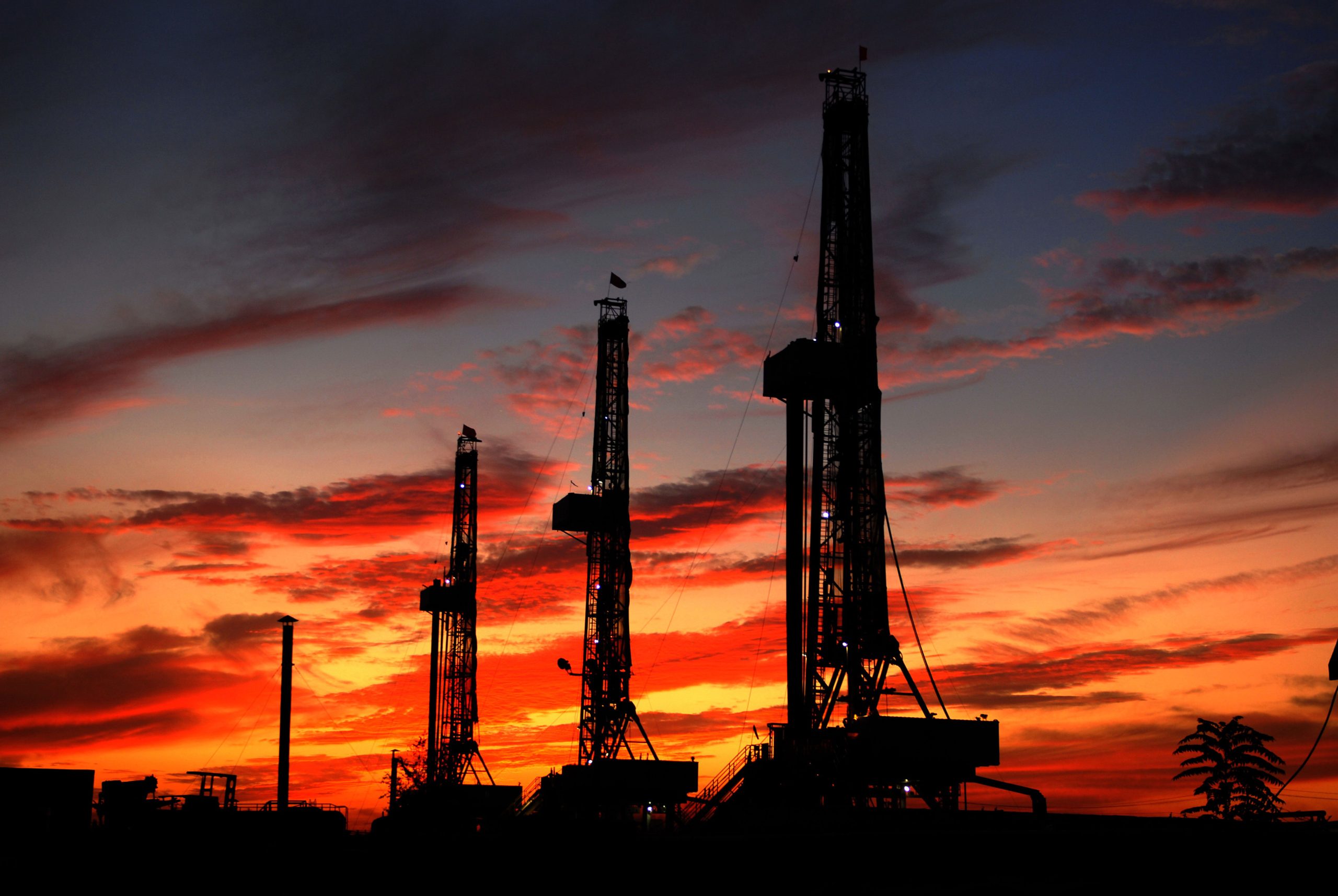News
Gulf braces for austerity as oil income slump bites
Faced with heavy losses from low oil prices, Gulf states have embarked on belt-tightening measures to cut spending and boost non-crude revenues, but analysts warn much more needs to be done.

Some countries have already cut subsidies, while others are considering measures to reduce their spending.
International Monetary Fund (IMF) chief Christine Lagarde told GCC finance ministers in Qatar this month that “global energy prices could remain low for years” and urged them to adjust their budgets. Lagarde warned that the GCC, which has relied on energy income for 90 per cent of their revenues, should reduce dependence on oil and gas.
World oil prices have dropped by more than 50 per cent since June 2014 and the IMF has projected that it will result in a US$275bn drop in GCC revenues this year.
But having amassed a wealth of around US$2.7tn over the past decade, the IMF advised GCC states to take a gradual approach to implementing reforms and diversifying the economy.
Although the measures may not be easy to enforce in countries that have long offered generous welfare systems, analysts believe this time fiscal consolidation, diversification and reforms must be deeper, long-term and sustainable.
“The magnitude of the problem is much larger this time because subsidies and salaries have immensely increased in the past few years – together they form 90 per cent of current expenditure,” said the head of economic research at Kuwait Financial Center (Markaz), M R Raghu.
“They cannot roll back on salaries because this is too sensitive,” Raghu said.
Spending in Gulf states, mostly on salaries and subsidies, almost doubled to US$550bn between 2008 and 2013, according to IMF statistics.
The steep rise in expenditures greatly increased the breakeven price for oil, to US$106 a barrel in the case of Saudi Arabia from under US$70 a few years ago. It is higher for Bahrain and Oman.
IMF and the World Bank estimate that the direct cost of energy subsidies in the GCC was US$60bn last year.
Steps taken by the GCC states to cut spending and raise non-oil income have been modest so far.
The UAE took the lead by liberalising fuel prices in June and raised electricity charges in Abu Dhabi. Both measures are expected to save billions of dollars.
The UAE said it has earmarked more than US$80bn for projects away from oil.
Kuwait began selling diesel and kerosene at market prices at the start of 2015. It has cut spending by 17 per cent and is in the process of raising petrol prices and charges on electricity and water.
However, it has still awarded projects worth a record US$30bn so far this year, according to officials and experts.
Saudi Arabia, for its part, said it was considering delaying ‘unnecessary’ projects and studying energy subsidies reforms. Qatar said it is also considering some spending cuts and reducing subsidies. Oman and Bahrain have announced similar plans.
“This is not enough. They have a long way to go,” said Shanta Devarajan, World Bank chief economist for the Middle East and North Africa.
“This is just the beginning… the measures must focus on reforms, unemployment and diversification. Much more steps are needed,” Devarajan said.
The IMF said reforms should include comprehensive energy efficiency and price alterations, expanding non-oil revenues, reviewing capital and current expenditures and reducing the government wage bill.
The IMF said Saudi Arabia, Oman and Bahrain will spend all their fiscal reserves in under five years if they fail to take additional austerity measures.
“GCC states must be serious this time… the US$100 a barrel days are gone and they have to live with a US$40-US$50 price,” Raghu said.
-

 Banking & Finance2 months ago
Banking & Finance2 months agoOman Oil Marketing Company Concludes Its Annual Health, Safety, Environment, and Quality Week, Reaffirming People and Safety as a Top Priority
-

 News2 months ago
News2 months agoJamal Ahmed Al Harthy Honoured as ‘Pioneer in Youth Empowerment through Education and Sport’ at CSR Summit & Awards 2025
-

 OER Magazines2 months ago
OER Magazines2 months agoOER, December 2025
-

 News2 months ago
News2 months agoAI Security Conference 2025 Hosted by Securado Highlights the Changing Cybersecurity Landscape
-

 Insurance1 month ago
Insurance1 month agoSupporting Community Wellness: Liva Insurance Sponsors Muscat Marathon 2026 with Free Health Checkups
-

 Interviews1 month ago
Interviews1 month agoEXCLUSIVE INTERVIEW: TLS Rebranding Marks Strategic Leap Toward Innovation, Sustainability & Growth
-

 Insurance4 weeks ago
Insurance4 weeks agoLiva Insurance Supports Community Wellness Through “Experience Oman – Muscat Marathon 2026”
-

 Investment2 weeks ago
Investment2 weeks agoLalan Inaugurates Its First Overseas Manufacturing Facility, Marking Sri Lanka’s First Investment in SOHAR Freezone






























You must be logged in to post a comment Login